The purpose of the Program is to identify and specify key tasks and solutions for ministries, agencies and localities to focus on directing in order to continue to seriously implement the viewpoints, goals, tasks and solutions on fundamental and comprehensive innovation of education and training set out in Resolution No. 29-NQ/TW and Conclusion No. 91-KL/TW.
Improve the capacity and effectiveness of state management of education and training; continue to perfect mechanisms, policies and laws, creating strong changes in fundamental and comprehensive innovation of education and training according to the Party's policy.
Promoting the role of leaders in implementing fundamental and comprehensive innovation in education and training
One of the tasks and solutions set out in the Program is to thoroughly grasp, raise awareness, and strengthen the leadership and direction responsibilities of Party committees and authorities at all levels in organizing and implementing the Party's policies and State laws on fundamental and comprehensive innovation in education and training.
Ministries, ministerial-level agencies and localities continue to promote information and propaganda work, raise awareness and responsibility of ministries, agencies, localities and organizations, promote the role of leaders of Party committees, parties and authorities at all levels, create unity, consensus and high determination in continuing to implement fundamental and comprehensive innovation in education and training according to Resolution No. 29-NQ/TW, Conclusion No. 91-KL/TW and policies and orientations of the Party, National Assembly and Government.
Strengthen the leadership and direction responsibilities of Party committees and authorities at all levels in organizing and strictly implementing the Party's policies and the State's laws on fundamental and comprehensive innovation in education and training; enhance the role of Party committees at all levels of education and training institutions in leading and directing the implementation of goals, tasks and solutions for innovation in education and training according to Resolution No. 29-NQ/TW and Conclusion No. 91-KL/TW.
The Ministry of Education and Training strengthens the communication of policies on fundamental and comprehensive innovation in education and training to raise awareness of the whole society, especially the team of education managers, civil servants, public employees, and workers in the education sector in implementing the Party's guidelines and policies, and the State's policies and laws on innovation in education and training.
The Ministry of Science and Technology directs press and media agencies to increase the duration and quality of news and articles on education and training. Coordinate with the Ministry of Education and Training to develop mechanisms and policies to promote digital transformation and ensure information security in the education sector, especially at educational and training institutions.
Ensuring consistency and connectivity between education levels and training qualifications
Focus on perfecting institutions, mechanisms, policies and laws on education and training in a scientific, modern, synchronous and interconnected direction, in line with the international integration process and domestic socio-economic development conditions, promptly removing bottlenecks, ensuring a complete, synchronous and feasible legal framework, meeting the requirements of education and training innovation. Promote decentralization and delegation of power; ensure synchronization and interconnectivity between education levels and training levels.
Ministries, ministerial-level agencies and localities continue to review, amend, supplement, issue new or submit to competent authorities for issuance of legal documents within their management scope to create synchronization in mechanisms and policies for education and training innovation in a modern, synchronous and interconnected direction, suitable to the international integration process and practices in our country.
Continue to promote decentralization and delegation of authority in a practical and in-depth manner, linking authority with responsibility, clearly defining the mechanism of decentralization and delegation; strengthen the role of state management agencies on education and training in deciding on staffing, organizational structure, policies for teachers and allocating state budget to the education sector.
The Ministry of Education and Training shall preside over and coordinate with relevant ministries and agencies to focus on perfecting mechanisms and policies to create a complete and synchronous legal corridor for education and training innovation. In particular, it is necessary to soon complete and submit to the National Assembly for approval the Law on Teachers; develop the Law on Lifelong Learning; review, amend and supplement the Law on Education, the Law on Higher Education, the Law on Vocational Education and regulations on innovation in education and training management, school governance, strategies and planning of the education sector; research and propose amendments and supplements to regulations to strengthen the role of state management agencies on education and training in deciding on staffing, organizational structure, policies for teachers and allocating the state budget to the education sector...
Focus on investing in modernizing vocational education and university education.
The program also sets out other important tasks and solutions, which are to focus on investing in modernizing vocational education and university education and enhancing scientific research potential in educational and training institutions.
In particular, the Ministry of Education and Training presides over and coordinates with relevant ministries and agencies to continue developing vocational education in an open, flexible, modern, effective, internationally integrated direction, linked to the labor market, focusing on quantity, structure, and quality of training, paying attention to training and retraining for workers to adapt to changes in market demand and production technology. There are solutions to improve the quality of streaming and career orientation for students right from junior high school to increase the number of students after junior high school and high school entering vocational education.
Research and propose regulations on breakthrough mechanisms and policies and solutions for investing appropriate resources to develop national universities, regional universities, excellent higher education institutions according to international agreements, key higher education institutions, and pedagogical higher education institutions on par with advanced countries, with sufficient capacity and conditions to play a core role in training and scientific research.
Promote scientific research in higher education and vocational education institutions towards technology application and transfer with the participation of learners, teachers, experts, artisans, and employers. Link training activities with scientific research and technology transfer, improve the capacity to commercialize scientific research results and technology transfer.
Attracting and utilizing talents to work in the education sector
Developing a team of teachers and educational administrators; attracting and employing talented people to work in the education sector.
In particular, the Ministry of Education and Training presides over and coordinates with relevant ministries and agencies to continue developing, improving the quality and standardizing the team of teachers and educational managers at all levels, focusing on modern management and administration capacity, innovation, soft skills, and digital skills; researching mechanisms and policies for mobilizing and rotating teachers between localities to fundamentally resolve the situation of local teacher surplus and shortage and improve the quality of education and training in ethnic minority areas, mountainous areas, and areas with particularly difficult socio-economic conditions. Developing a team of artisans, experts, and vocational teachers with sufficient capacity to participate in training at all levels of vocational education.
Research, review, and propose synchronous innovation in state management of teachers, linked with professional management and education quality, promoting democracy, respecting creative freedom, academic expertise, and upholding the ethics and responsibilities of teachers.
The Ministry of Home Affairs shall preside over and coordinate with relevant ministries and agencies to preside over and coordinate with the Ministry of Education and Training to review and propose the education sector's staffing; inspect the allocation and assignment of education sector staffing in localities to ensure the correct number of staffing allocated. Review, amend and supplement relevant legal regulations to ensure the consistency and synchronization of the legal system...




![[Photo] General Secretary To Lam receives Vice President of Luxshare-ICT Group (China)](https://vphoto.vietnam.vn/thumb/1200x675/vietnam/resource/IMAGE/2025/11/15/1763211137119_a1-bnd-7809-8939-jpg.webp)


![[Photo] Prime Minister Pham Minh Chinh meets with representatives of outstanding teachers](https://vphoto.vietnam.vn/thumb/1200x675/vietnam/resource/IMAGE/2025/11/15/1763215934276_dsc-0578-jpg.webp)
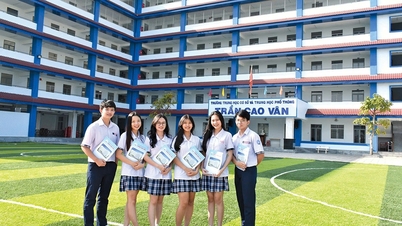



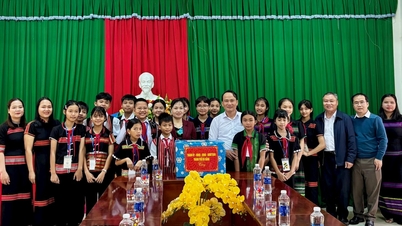
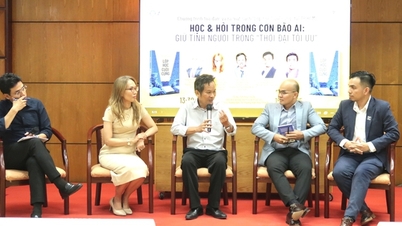
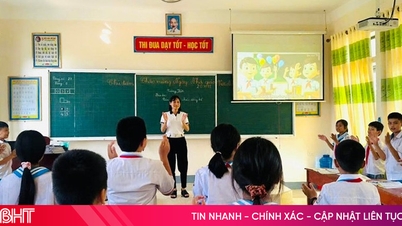







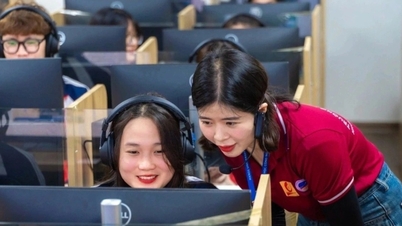

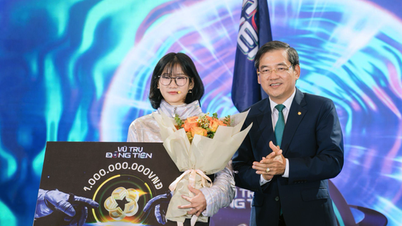

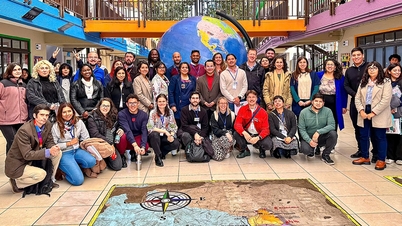




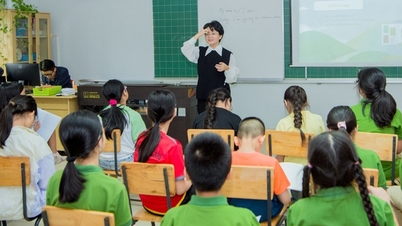
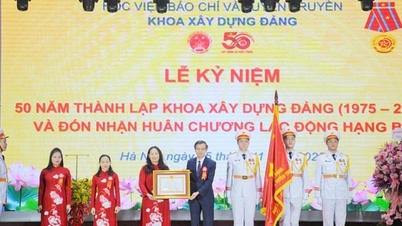
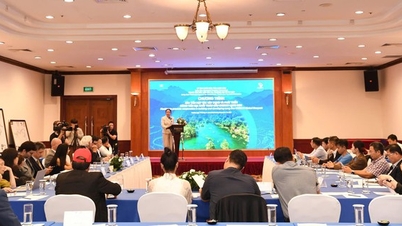

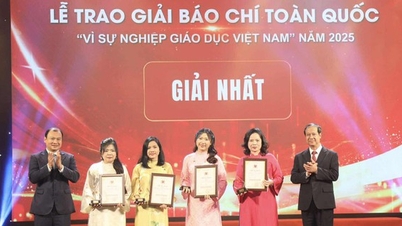







































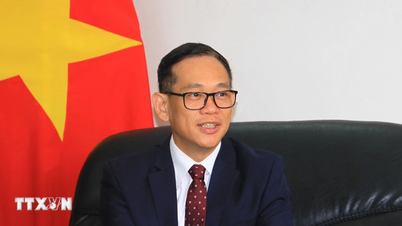



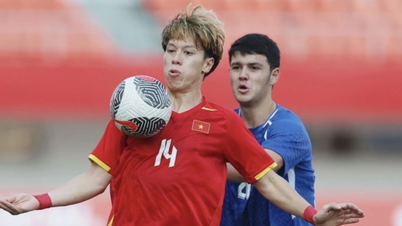


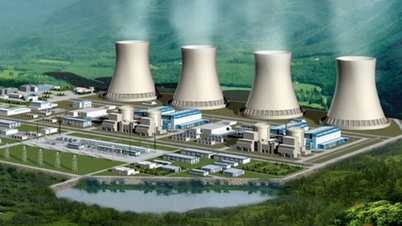




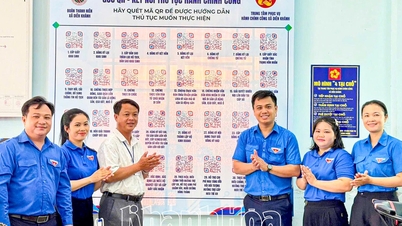




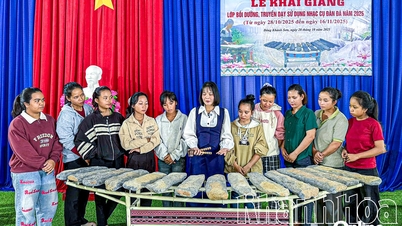












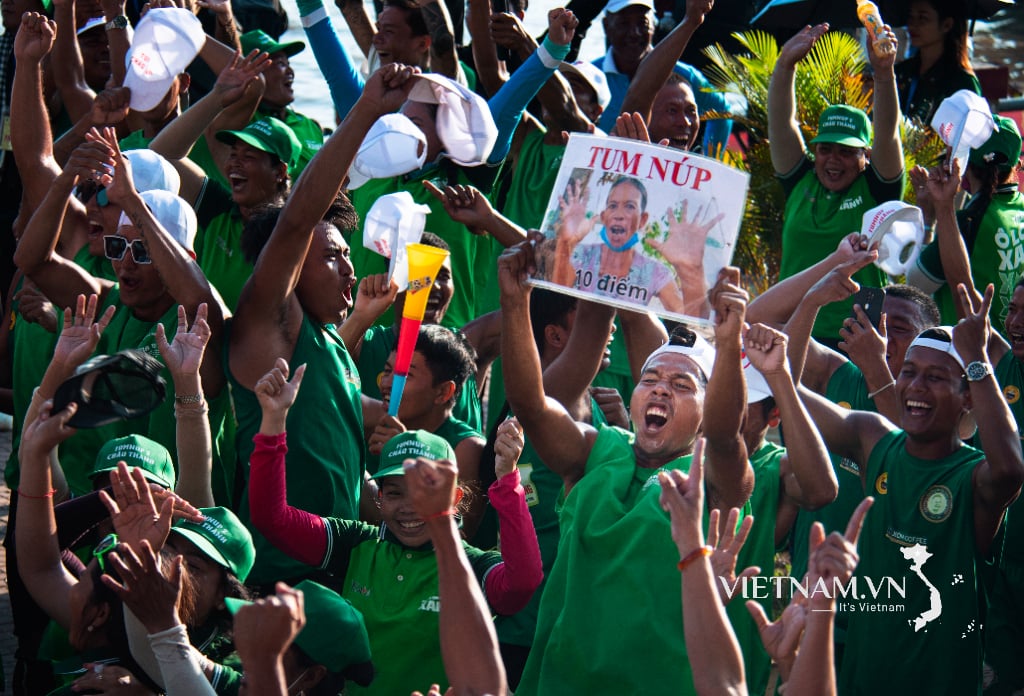

Comment (0)